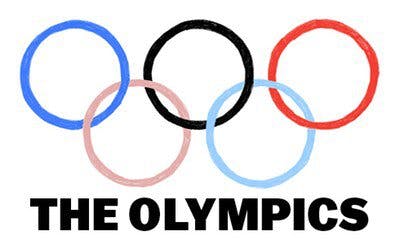
Friends drop acid, take MDMA, call from the Redwoods on speakerphone. It’s a new year. It’s freezing, but they don’t care. They sound exuberant and full of wonder, every cell stimulated. They’re glad to be alive; there’s no other way they’d be living. “We love you, we love you,” they cry. “We wish you were here.”
“It’s an aggressive freedom,” I try to explain to my friend Anna as we descend into the BART station on a broken escalator. A man pushes his way upstream, dragging a suitcase; we flatten ourselves to permit him. Anna understands; she’s also new here. It’s not just communal living and liking it, polyamory and liking it, Burning Man and liking it. It’s the underlying evangelism: Why don’t you be free like me? This is the promise of California, I think—but I can’t get free for more than six hours at a time; I can’t get free without falling asleep. “Is there anything sadder than happiness?” Sam writes in an email. A rhetorical question; he’s from New York, too.
Haight-Ashbury, where I live, is a husk of the sixties counterculture, but people still pilgrimage here, looking for something that might not have ever existed. Liberation, some pure joy. These days the city is infused with technology, which has its own strains of radicalism: hackers, Bitcoin, Google’s replacement of its cafeteria shrimp with algae facsimiles. The roots of technology were braided into the sixties counterculture, after all. We’ve all been swimming in the same pool for a very long time.
Pong—a table-tennis video game—was released in 1972, one of the earliest arcade games. It has crept into all manner of hardware. I played it on a gray Macintosh computer as a child; we played it on our calculators in high school. These days, it’s a benchmark for aspiring coders: You can write a little Pong clone within an hour, if you care to. The game is simple, but smarter than it looks. It facilitates alertness, tactical strategy. This makes it good for capitalism, a worthy investment. “Ping-pong tables sound great until your desk is the one next to the ping-pong table,” Haley says over coffee. We’re sharing a chocolate-banana croissant, peeling away the pastry layer; a tip of banana peeks out, like a hot dog.
In an office downtown, my coworkers play halfhearted games of ping-pong while drinking beers from the open bar in the lobby. There’s nothing special about our luck, not really—ping-pong tables are the figurehead at the prow of the tech industry, a class ring, shorthand, a punchline. They embody a certain aspiration for workplace culture: this time, things will be different. And people do play. Dutifully; not well. Outside our office, San Francisco continues to churn, engraving its own mythologies at the same time it erases them. I wonder whether the tennis tables are an expression of that same aggressive freedom I see in my friends—an insistence on lightness, a full-throated yearning. An anxiety builds as the ball taps back and forth: Are we having fun yet; are we having fun?
